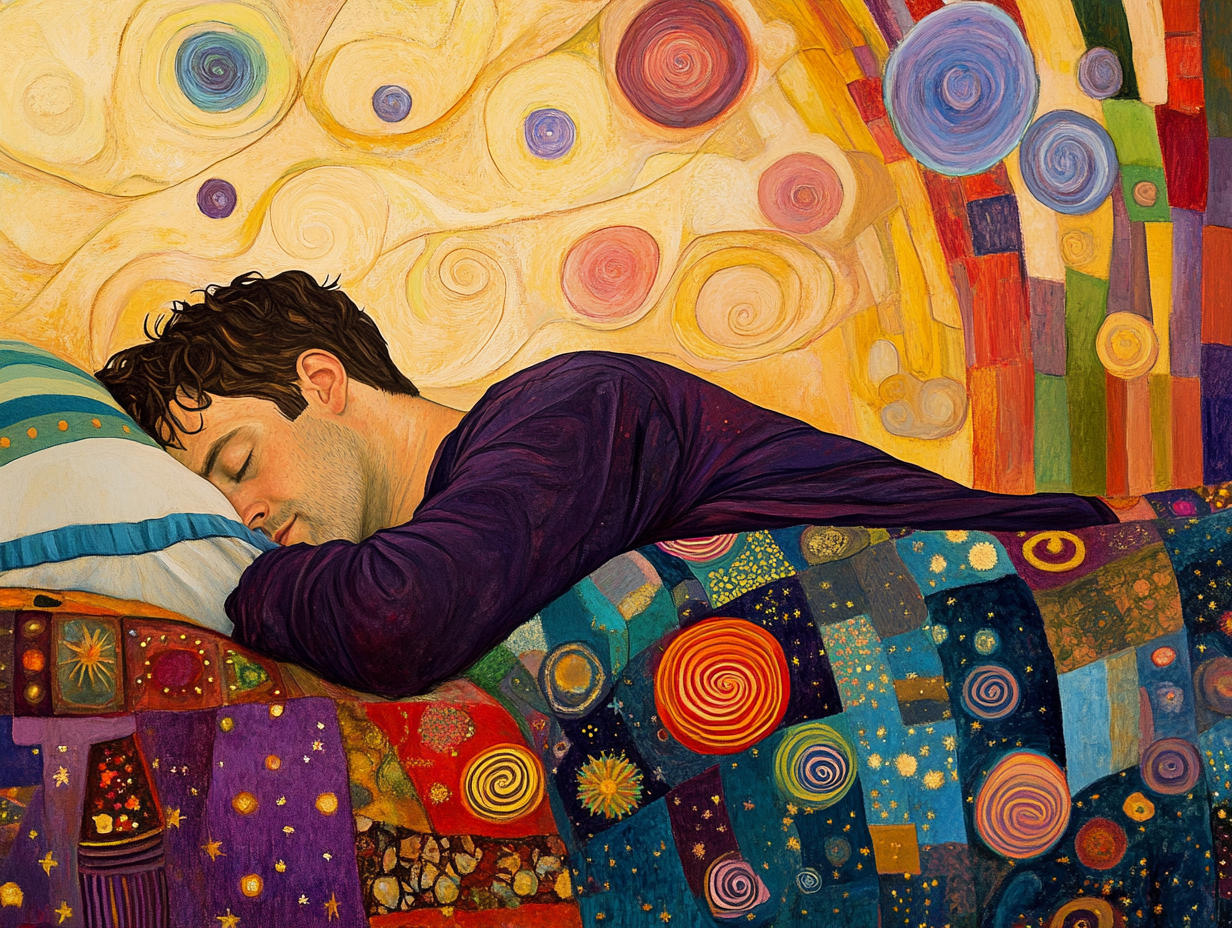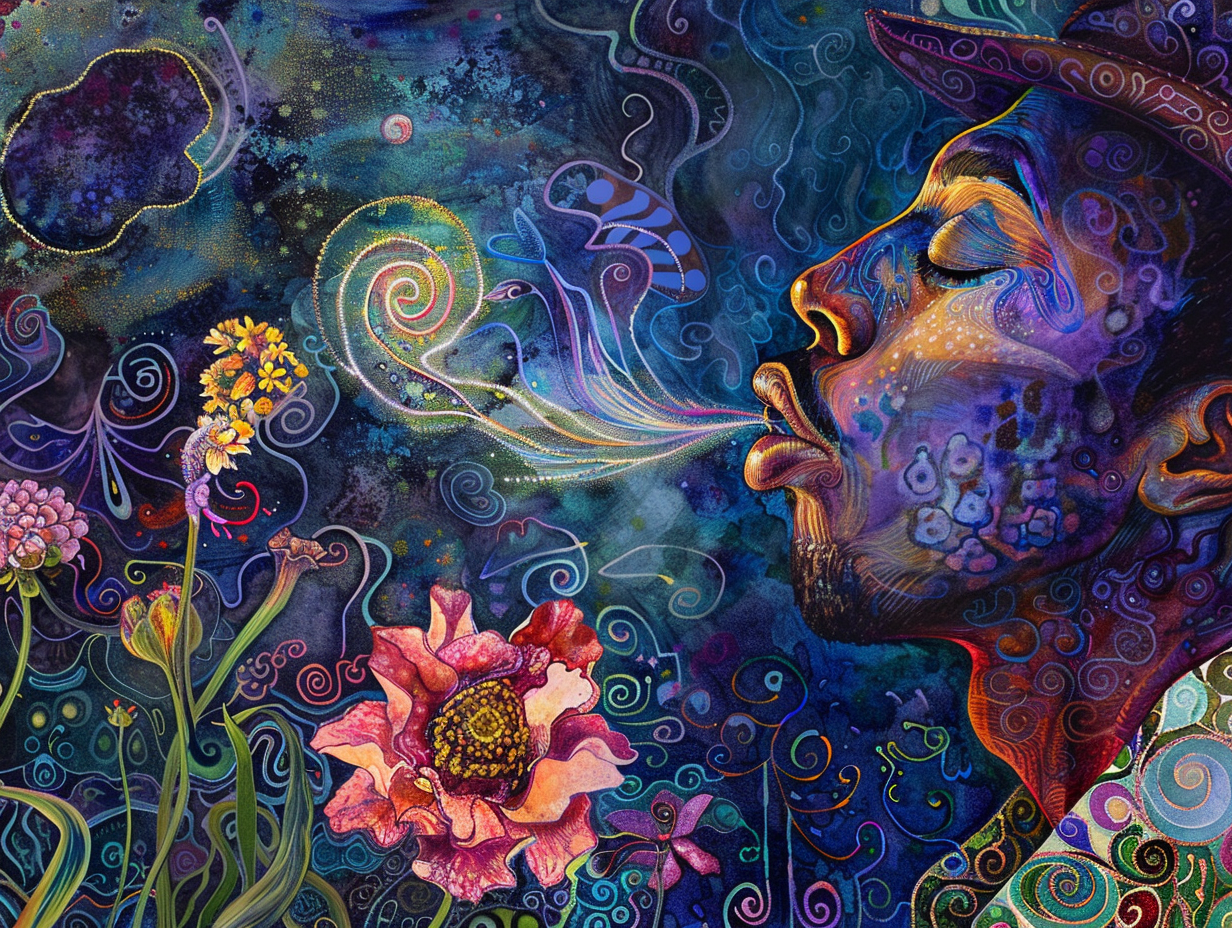The Sleep Solution: Reclaiming Rest in a Hectic World (Part 1 of 2)

Why Sleep Is So Important and How to Get More of It
Do you ever wake up feeling more tired than when you went to bed? You’re not alone. Studies reveal that one in three adults struggles with insufficient sleep, and the effects go far beyond fatigue. Sleep isn’t just a luxury—it’s your body’s ultimate reset button.
When you sleep well, your immune system strengthens, your mind sharpens, and your emotions stabilize. Yet, in today’s fast-paced, screen-saturated world, quality sleep often feels out of reach. The good news? Restful nights don’t require a complete life overhaul. With a few intentional changes, you can transform your sleep into a source of energy and vitality.
Sleep Hacks
Before we dive deeper, let’s begin with the more well-known strategies that lay the foundation for better sleep. Consistency is key to good sleep. Going to bed and waking up at the same time everyday—even on weekends—helps regulate your internal clock. A simple yet effective way to stay on track is setting a “go-to-bed alarm.”
In the evenings, dim the lights and avoid screens for at least one to two hours before bed to encourage melatonin production, your body’s natural sleep hormone. While screen filters and blue light-blocking glasses can help if avoidance isn’t possible, it’s worth noting that even night modes may not completely eliminate blue light’s effects, depending on brightness and proximity.
Creating the right environment also plays a crucial role. A dark room, aided by a sleep mask or blackout curtains, signals your brain that it’s time for rest. Keeping your room cool—around 18°C(65°F)—promotes deeper sleep for most people, although individual preferences may vary slightly. Noise is another factor to consider. Even faint sounds can chip away at sleep quality, so earplugs or white noise can be helpful.
Lesser-known Strategies
For those looking to optimize further, there are lesser-known strategies worth trying. Wearing socks to bed improves blood circulation and helps your body relax. Certain foods, such as kiwis and tart cherries, may support sleep due to their natural compounds that aid relaxation.
However, it’s best to keep your last meal light and finish eating two to three hours before bed to avoid digestion issues. Similarly, drinking your last glass of water about two hours before sleep can reduce nighttime trips to the bathroom, helping you stay in deep sleep cycles.
Supplements like magnesium glycinate or magnesium citrate can support relaxation, but it’s always a good idea to consult a professional before adding them to your routine. Aromatherapy is another simple yet effective tool. Lavender and chamomile scents can promote calmness, especially when paired with a relaxing breathing technique like the 4-7-8 method (inhale for four seconds, hold for seven, exhale for eight).
Conclusion
Sleep isn’t just a part of your day—it’s the foundation of your life. Tonight, dim the lights, set aside your devices, and let the soothing scent of lavender guide you into rest. A more vibrant and balanced version of yourself is waiting on the other side of a good night’s sleep.
Sometimes, however, even the best hacks don’t work. If that’s the case for you, it may be time to look at what’s happening during the day. To learn more, check out my article, The Sleep Solution: Reclaiming Rest in a Hectic World (Part 2) – When Sleep Hacks Don’t Work.
Related Resources
Explore insights and practical guidance for your personal journey.




